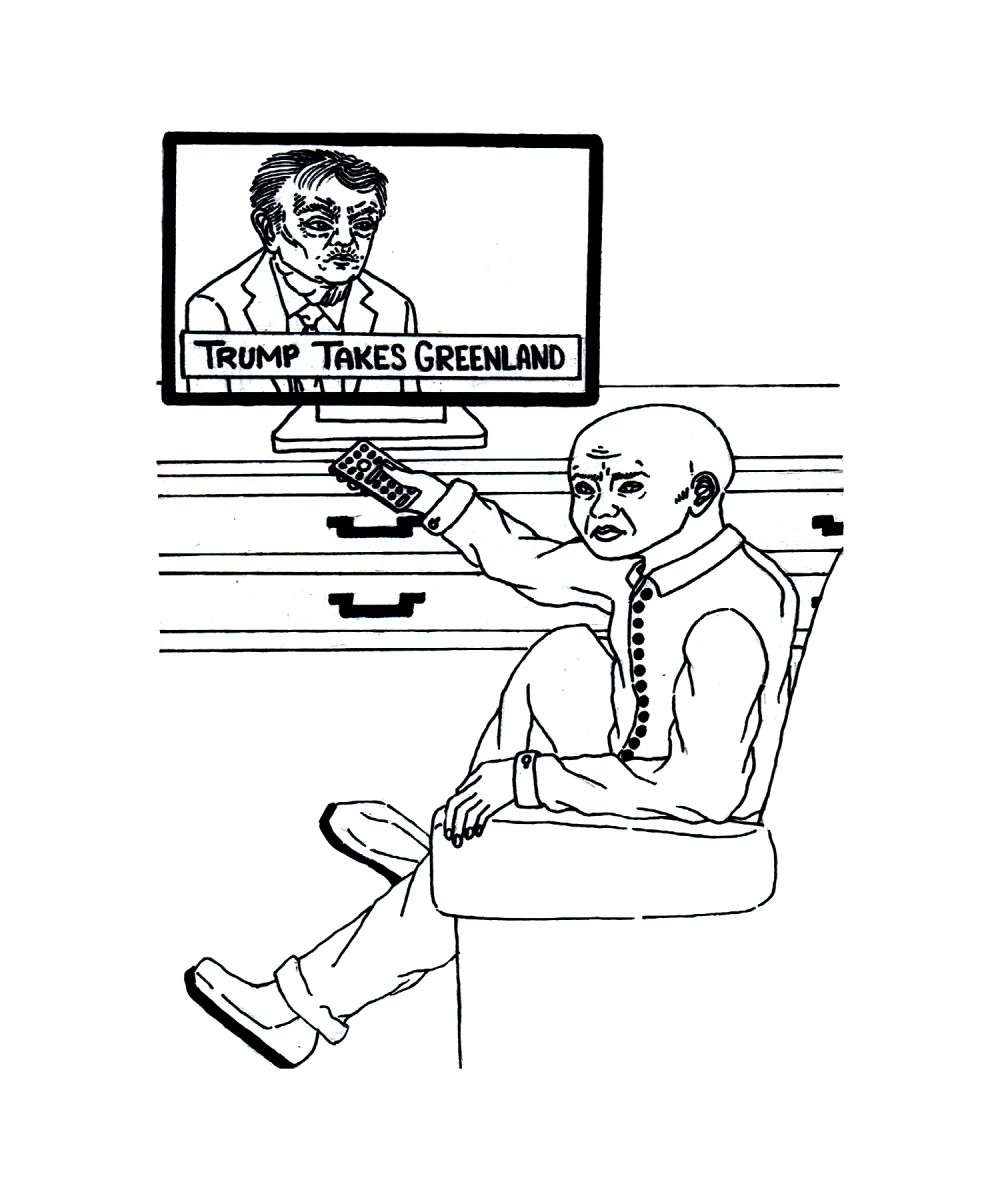Saddam Hussein is back – and the world doesn’t know what to do with him. The United States wants to punish him so that he will abide by United Nations sanctions imposed on Iraq after the Persian Gulf War. These sanctions allow U.N. inspectors to verify Iraq is not pursuing development of weapons of mass destruction. While the United States would prefer a diplomatic solution to end the stalemate, it has pointedly not ruled out the use of force. Just when the world thought it had nothing to worry about from Saddam, he’s proved everyone wrong. Again.
Iraqi officials have prevented the U.N. inspection teams from carrying out their missions as long as the teams are comprised of a majority of Americans. The Iraqis also have interfered with U.N. cameras placed in suspected weapons development sites.
The United States plans to fly a U-2 spy plane, with U.N. approval, over suspected Iraqi weapons sites. Iraq has responded with threats to shoot down the plane supposedly violating its airspace. U.S. officials have responded that any attack against the plane would be an act of war.
Some of our key Gulf War allies, France, Russia, China and Egypt, are opposed to the use of force. Given that three of these countries are also permanent members of the U.N. Security Council, a U.N. resolution allowing the United States to use force will be hard to come by. So the United States is faced with the prospect of going at it alone. If it comes to that, the United States must do it.
The reason our allies are not too keen on using force is their assertion that sanctions in place since the end of the Gulf War only have hurt the Iraqi civilian population. Some of our allies’ companies also have large contracts with Iraq that can begin only after the sanctions are lifted. It seems that some are more concerned with added revenues than with Iraqi capabilities for launching weapons of mass destruction.
The United States has the job, like it or not, of being the world’s policeman. It is a responsibility that requires putting the importance of security over dollars. If Iraq fires on any U-2 plane, the United States has justification for retaliating. While our allies have images of larger treasuries clouding their judgment, the United States must keep the overall issue of security as the basis for its decisions.




